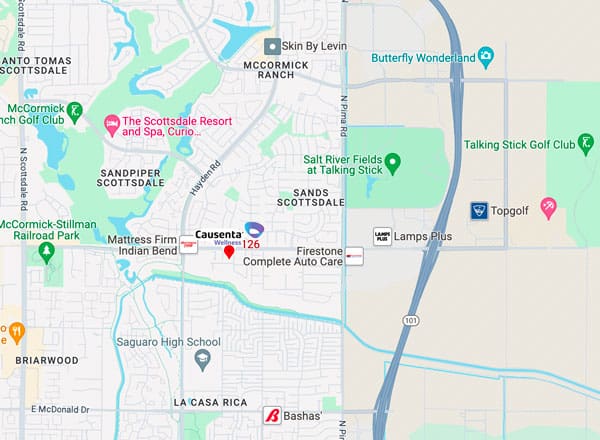What Weight Loss Maintainers Do Differently
The solution is simple; however, multiple tools used together can get the job done.
- Triumphant maintainers continue on their eating and exercise routines that proved successful for their weight loss.
- They use a scale on a consistent basis even when they know their weight has increased to remove denial.
- Maintainers have strategies to help them solve daily problems like using portion control, avoidance of certain trigger foods, reduce splurges, and meal repetition.
- Another major tool is a positive attitude. Removing words like failure and undisciplined from their word bank keeps them on track even when a small weight gain occurs.
Key Things You Can Do To Become a Weight Loss Maintainer, Not a Regainer
There are some similarities to both maintainers and regainers.
- Both experience setbacks and challenges that can be emotionally and physically draining. Maintainers tend to adapt quickly and alter their lifestyle thus continuing on their eating and exercise strategies.
- While they both use clothing tightness to assess their success, maintainers also regularly use the scale to help accurately judge their current weight.
- Both need more support during their weight loss and then experience diminished support over time. This is unfortunate because reinforcement is still needed during the maintenance period when recording energy intake stops and turning back to old habits is likely. Maintainers will turn to family support as well as professional counselors or nutritionists.
- Producing an individualized long term program that is easily obtained is necessary to becoming a successful maintainer.
Making lifestyle changes can be difficult and frustrating, but keeping an upbeat attitude, having the correct support, and adapting can make all the difference when you jump on that scale or try on your favorite jeans.
Our doctors, nutritionists, and exercise physiologists are trained to help you reach your goals, whether it’s providing support after you have lost the weight or helping you reach your goal weight and staying there. Call us at (480) 883-7240 to set up an appointment for a consultation today!
References
Reyes NR, Oliver TL, Klotz AA, et al. Similarities and Differences between Weight Loss Maintainers and Regainers: A Qualitative Analysis. J Acad Nutr Diet – April 2012 (Vol. 112, Issue 4, Pages 499-505, DOI: 10.1016/j.jand.2011.11.014).


